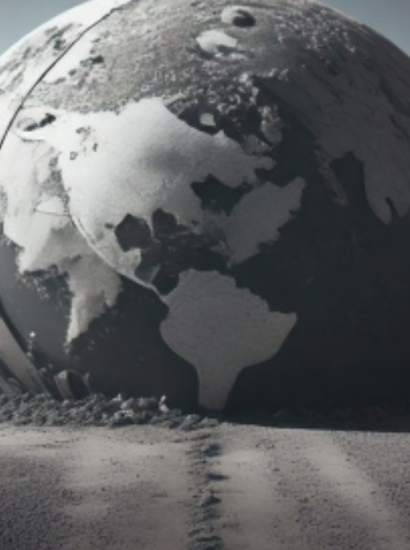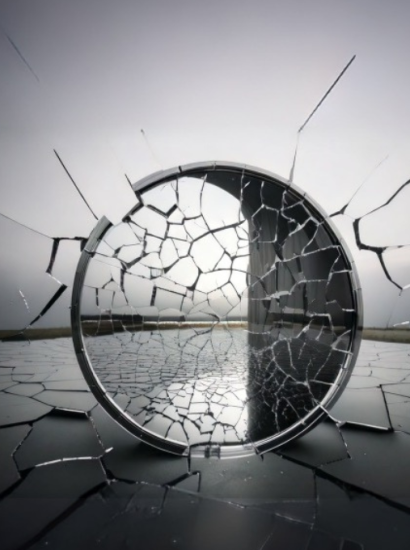This post is also available in: ΕΛΛΗΝΙΚΑ (GREEK) TÜRKÇE (TURKISH)
Eighty-six years ago, on a spring morning in 1937, dictator Franco’s Nationalists, with the help of German forces, bombed the town of Guernica in northern Spain, killing hundreds of innocent civilians and razing much of the city to the ground. It was one of the most barbaric air raids of its time as the bombing targeted civilians, marking the beginning of the erosion of ethical boundaries and rules in war.
The Spanish painter, Pablo Picasso, from Paris where he lived, imagined the scene of people and animals becoming one in the ruins of the town. And he painted one of the most iconic works in the history of art, which has remained an anti-war symbol.
The faces of people and animals depict despair and terror. Even today, we still look at the work with its dismembered bodies and bizarre faces and can – almost – hear the screams of the victims. Next to us, however, a much worse massacre of civilians may be unfolding, but we neither see nor hear.
In the town of Guernica, 1600 people were killed (perhaps fewer, there is no exact figure). In Gaza, more than 10,000 were killed in one month, 4,500 of them children. Others were maimed, others were left orphaned, others lost everything, especially their faith in life. But global grief lasted only a few days. Then it became routine. As occurred with Ukraine, where we no longer know what is happening.
“The nightmare in Gaza is more than a humanitarian crisis, it is a crisis of humanity,” said UN Secretary-General Antonio Guterres. Eighty-six years ago, bombing civilians was considered a violation of the ethics of war (if there are ethics in war). Today, those who kill civilians justify the crime by describing the victims as “vile, evil and dangerous, deserving neither pity nor compassion”. And this narrative has many supporters. People who, perhaps, when they stand before Picasso’s painting, shudder. That’s what you’d call a “crisis of humanity”. Not being able to distinguish right from wrong, not being able to sympathise with the victim but identifying with the perpetrator and justifying him.
The crisis of humanity is also evident in the way the United Nations is treated. A body that humanity looked towards and invested hope in to achieve peace now seems like an organisation without clout, not only ignored but also ridiculed to the point of becoming completely powerless.
Source: GUERNICA HAS LEFT THE MUSEUM






